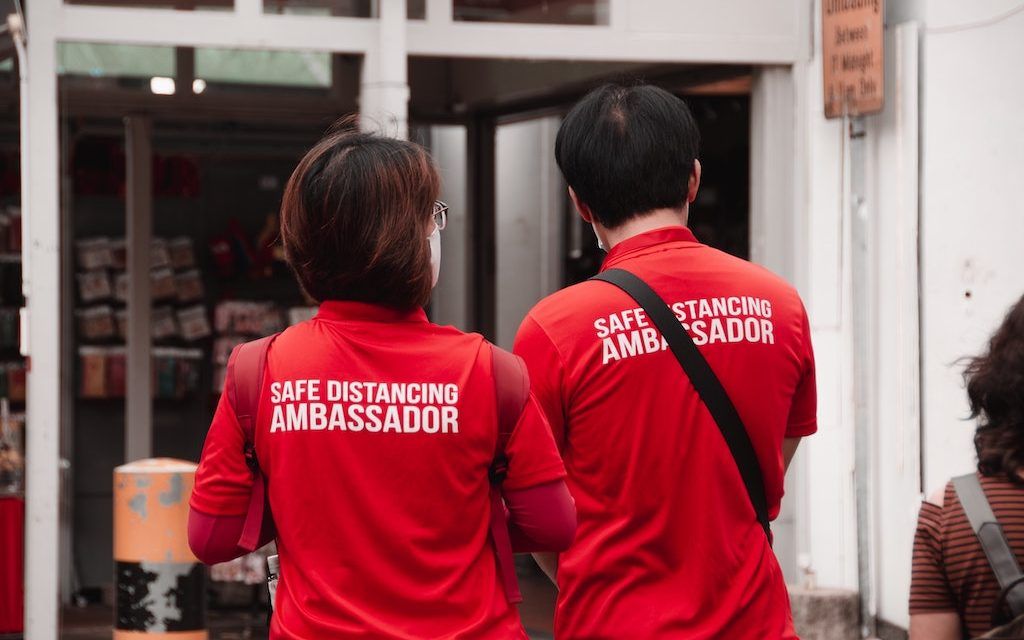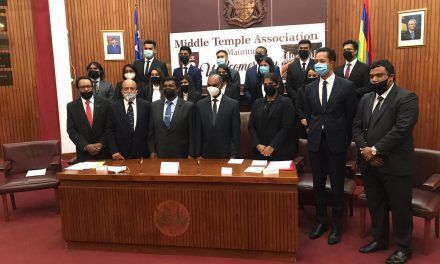Growth and Trends in the Wealth Management Space
While border closures induced by the Covid-19 pandemic have exacted a heavy toll on sectors like tourism, entertainment, aviation, accommodation and restaurant services in Singapore, the private banking and wealth management sector on the other hand, has seen a spike in inquiries and demand for wealth structuring options that qualify for tax benefits and schemes relating to Singapore permanent residence and citizenship.
Singapore – with its known robust legal framework, political and economic stability, friendly tax regime and high quality of life, good regional connectivity and expertise in navigating cross-cultural and cross-jurisdictional complexities – undoubtedly is an appeal to many ultra-high net worth families worldwide, many of whom were impressed by its transparency and tenacity in handling the crisis (where the number of coronavirus-related deaths is low and vaccination rate is high) in contrast to efforts in their home countries. An increasing number of families are consolidating their wealth in Singapore through formal structures, such as family offices.
The pandemic uncertainties have triggered these families to place greater urgency on liquidity planning, establishing tax-efficient structures and long-term needs such as immigration, wealth preservation and governance, which may not have been top-of-mind pre-Covid-19 time. These uncertainties have also reshaped the way forward for many wealthy families who are prompted to rethink their role in society. Already, it has been observed that there is a mindset shift in wealth management – more are now planning with stability and longevity in mind, taking a broader view of their legacy across family and philanthropy in addition to just the business and financial aspects.
To leverage growing interest in Singapore’s family office proposition, Singapore took a progressive approach on the legislative front by launching a new wealth planning tool for multi-family offices in the form of the Variable Capital Company (VCC) regime in January 2020. However, the existing VCC rules make it difficult for single family offices (SFOs) without a local asset management licence to establish VCCs. To strengthen its appeal as a hub for SFOs, Singapore regulator is considering and looking to amend the VCC framework to allow SFOs to set up their own VCC standalone or umbrella structures, but this may take some time.
According to statistics released by the Monetary Authority of Singapore (MAS), there was a total of 400 family offices established as of end of 2020. These includes family offices established by prominent figures namely, Zhang Yong of Haidilao Hotpot, James Dyson of Dyson Technology Company, renown investor Ray Dalio from America and Sergey Brin, co-founder of Google.
The multiplier effect on the family office ecosystem is indirectly creating significant employment and growth opportunities for related stakeholders and service providers such as asset managers, lawyers, tax advisors, accountants, custodians, trustees, corporate service providers and technology providers, just to name a few, potentially generating beneficial outcomes for Singapore’s economy.
A Safe-Haven for Home Investments
As travel restrictions kept foreign buyers away, according to Knight Frank’s Wealth Report, private home prices in Singapore’s prime districts dipped 0.2% in 2020. However, demand appeared to recover this year. Based on Knight Frank’s survey of over 600 private bankers, wealth advisers, intermediaries and family offices, because of global uncertainty in the wake of the pandemic, ‘a change in strategy’ was found among ultra-high net worth individuals – those whose net wealth exceeds US$30 million (S$40 million).
The observation has been that wealthy investors are investing in additional homes domestically, then into second homes in cities and countries that best accord to their needs in the new normal. Singapore’s safe-haven reputation has been further strengthened by its effective management of the coronavirus pandemic and support for businesses. According to a local residential property firm, Singapore’s luxury residential market is the top Asian territory of choice for the ultra-wealthy in Asia, after Britain, the United States and Australia.
This has led to an increase in interests and enquiries from ultra-high net worth private banking clients exploring to create trust structures to hold these investment homes.

Catherine Cheung, currently an in-house advisor with a financial institution, started her career as a lawyer in practice both in Singapore and Hong Kong, principally focused on corporate and commercial law and syndicated loan transactions. In addition to her professional qualifications as an Advocate and Solicitor in Singapore and Solicitor in Hong Kong, Catherine was Called to the Bar at Middle Temple, is a Solicitor of England & Wales and a qualified Trust & Estate Practitioner (TEP).





